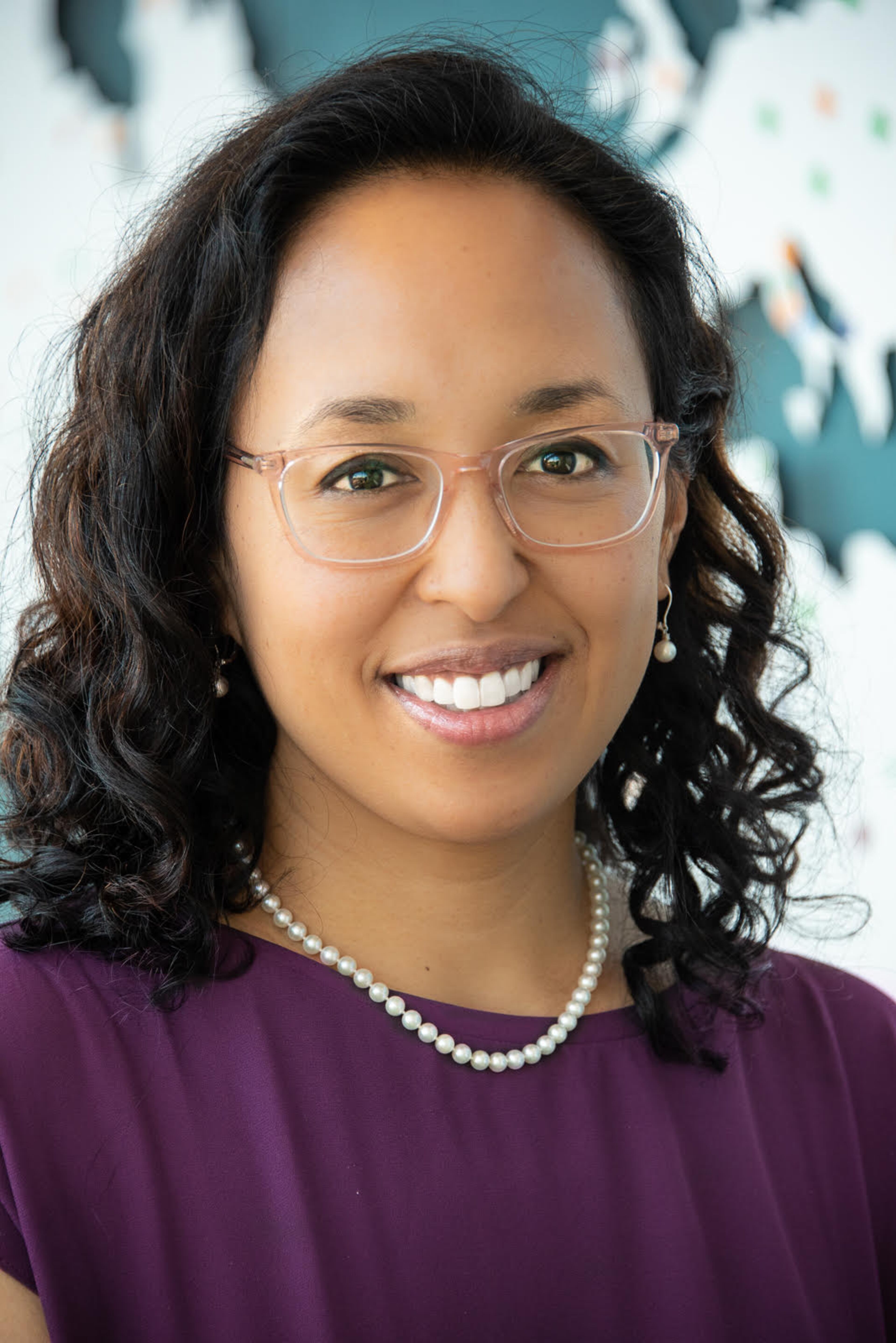The more Dr. Sophia Hussen learned about HIV, the more she felt compelled to provide care, support, and understanding about those living with the disease.
An associate professor in the Rollins School of Public Health at Emory University, she doesn’t just spin her wheels in the academy’s ivory tower. She mixes advocacy with activism, pairing her commitment to research with her practice as a physician in the HIV Clinic at Grady Memorial Hospital.
“While in public health school, I learned a lot about working with communities to promote health. Even though I was initially interested in mental health, the more I learned about HIV, the more I felt compelled by the nature of HIV and the role advocacy and activism play in HIV work and the history of the pandemic,” said Dr. Hussen.

She always knew she wanted to be a researcher. But initially, she thought she would work more with young women. Being a woman, she enjoyed conversing with young teenage girls about their health and choices. As the daughter of an Ethiopian father and Japanese mother, Dr. Hussen began to encounter Black gay and bisexual men and their stories.
“My work as a physician moved my research. Having a lot of young men with a range of experiences holding down a job, thinking about marrying a partner and having a great life, juxtaposed against seeing young, Black gay men dying in the hospital, gave me a whole range,” she said. “I wanted to better understand all of those experiences in an effort to help move more people into the direction of understanding people just doing what they needed to do.”
Dr. Hussen credits David Malebranche, MD, MPH, with laying the foundation for the work at Grady. During her first year there, he gave a talk during grand rounds. She was already at the point where she understood that many patients dying in the intensive care unit were there because of stigma.
“By the time they got to us, they were far too gone. The disease had already advanced,” Hussen said. “It was not lost on me that the reasons keeping them from receiving a diagnosis and care were the social and psychological stigmas around HIV and being gay.”
Malebranche talked about some of these things. While others weren’t getting what he was saying, Hussen did. She decided it was the kind of research she wanted to do and the researcher she wanted to be.
Much of her research is qualitative. She does a lot of interviews and asks a lot of open-ended questions. She pairs the research with her clinical work. It’s both equally important and integral to her being effective in what she does.
“I would never want to give up the clinical side. That is what keeps me engaged with the community. Being intrinsically part of the community and in touch with the community is essential,” Hussen said. “Oftentimes, people will start doing all sorts of random research because it looks good on paper or in a grant proposal when they aren’t connected to the community. I don’t want that. Having that personal connection is absolutely critical.”
As a Black woman, it is not lost on her that there may be limits to how she understands her patients’ experiences. But the more she has gotten involved, the more the work becomes personal.
“It just feels right,” she said. “Anyone can do this work or get involved as long as they care. And we all should. This is the right thing to do, so I am committed to it.”
HOW TO HELP
To learn more about Dr. Sophia Hussen, MD, MPH, visit https://sph.emory.edu/faculty/profile/index.php?FID=sophia-hussen-8672 or https://www.gradyhealth.org/doctors/sophia-a-hussen/.
WE’RE STRONGER TOGETHER: A SPECIAL PROJECT
This place we call home is filled with ordinary people who accomplish extraordinary feats. Their selfless acts make this region so special – and they bring out the best in all of us. With the holidays upon us, we wanted to share their inspiring stories, celebrate their accomplishments, and offer ways that you can help.
Just as the 55 people we’re profiling can’t do it alone, nor can we. That’s why we worked closely with our partners to bring you this collection of uplifting stories.
We hope they leave you feeling inspired and ready to tackle the busy new year that lies ahead. We hope they make you feel more connected to your community or to your neighbors.
And maybe, just maybe, they will motivate you to come up with your own small way to make a big difference in the lives of others.

